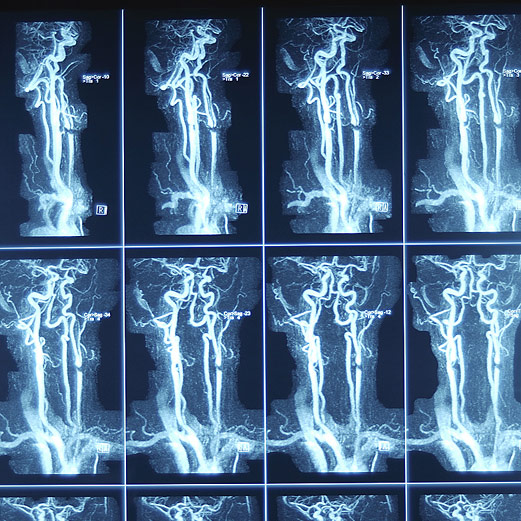
THURSDAY, Sept. 1 (HealthDay News) — Patients with coronary artery disease are at increased risk for clotting and bleeding complications following orthopedic surgery, a new study finds.
Researchers analyzed data from 3,082 patients who had orthopedic surgery of the hip, knee and spine, and found that 5.8 percent had clotting complications and 5.4 percent had bleeding complications.
Coronary artery disease, cancer and peripheral artery disease were independent predictors of both clotting and bleeding complications in orthopedic surgery patients. Older age and kidney disease were strong predictors of clotting complications, and being a female was a strong predictor of major bleeding, according to the study, which was presented Aug. 30 at the European Society of Cardiology meeting in Paris.
The New York University School of Medicine researchers also found that patients with coronary artery disease had a four times higher risk of clotting complications and a twofold higher risk of bleeding complications, compared to those without coronary artery disease.
Despite the much higher increased risk of clotting complications, only 8 percent of patients with coronary artery disease were given aspirin before their surgery. Clotting complications occurred in 7 percent of those who received aspirin, compared with 12 percent of those who weren’t given aspirin, but this difference was not considered statistically significant, the researchers noted in a news release from the European Society of Cardiology.
The findings may help surgeons assess their patients’ level of risk before they undergo surgery, the researchers said in the news release.
Experts note that research presented at medical meetings should be considered preliminary as it has not been subjected to the rigorous scrutiny required for publication in a peer-reviewed medical journal.
More information
The American Academy of Orthopaedic Surgeons explains orthopedic treatments and rehabilitation.

